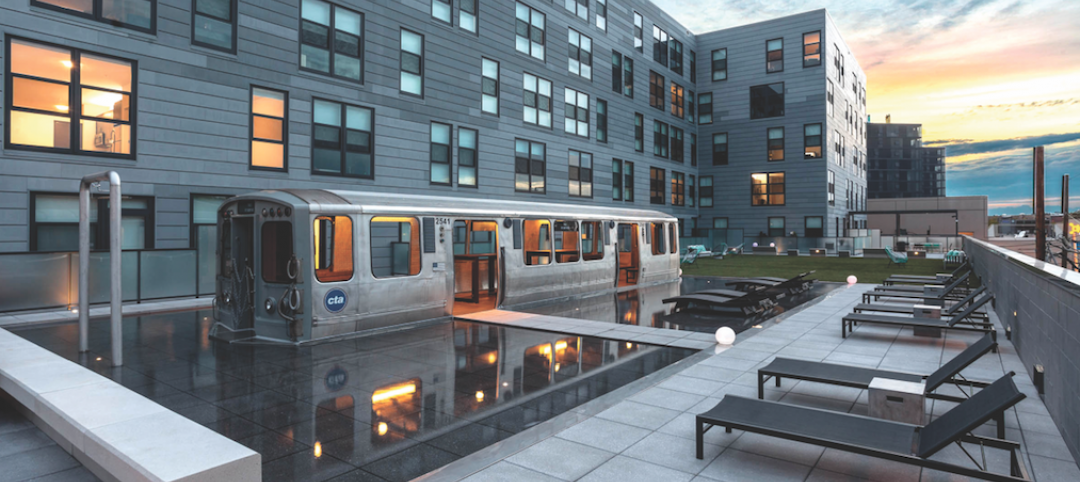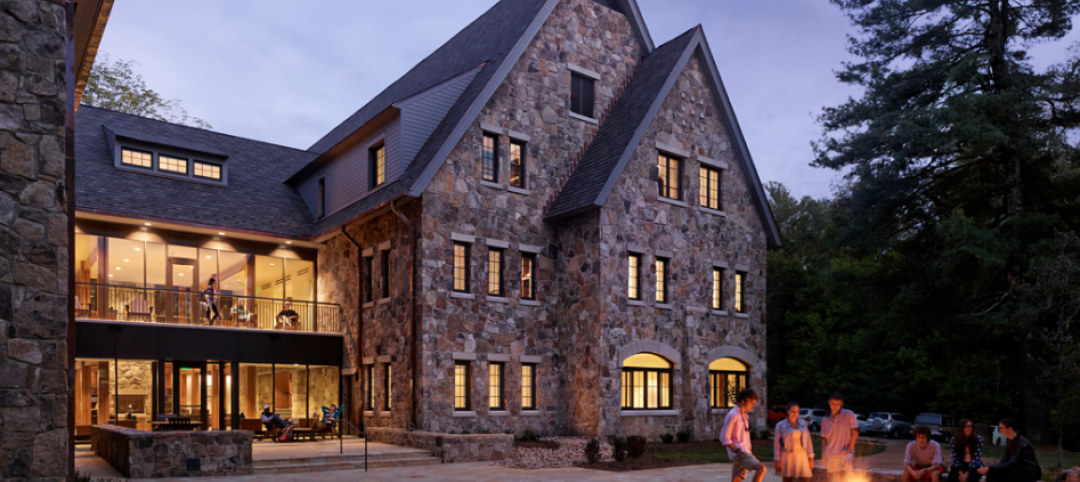Through the first five months of 2015, nonresidential construction spending is having its second best year since the Census Bureau began tracking the metric in 2002.
According to the July 1 release, nonresidential construction spending increased 1.1% on a month-over-month basis and 8.1% on a year-over-year basis, and totals $669.6 billion on a seasonally adjusted, annualized basis. From January to May, nonresidential spending expanded by 7.1%; the only year in which the segment saw faster growth was 2007. Since then, growth over each year's initial five months has averaged only 1.8%.
Perhaps the most notable aspect of May's release was the extensive upward revisions to three of the previous four months' data. January, February and April saw their nonresidential construction spending estimates revised upward by 2%, 1.4% and 2.4%, respectively. The Census Bureau also increased the estimate for May 2014 by 1.4%.
"Though there continues to be discontent regarding performance of the U.S. economy, the current situation should be viewed positively," said Associated Builders and Contractors Chief Economist Anirban Basu. "The U.S. economy has now entered the mid-cycle portion of its recovery, which often represents a period of sustained progress for the average nonresidential construction firm. As with prior months, the industry progress continues to be led by the private sector. Among private segments, manufacturing-related construction was at the frontline of construction spending growth in May."

"Moderate economic growth will allow interest rates to rise gradually, helping extend this mid-cycle," said Basu. "Although it took several years to get to this point of the recovery, contractors will find themselves steadily becoming busier, with margins gradually expanding. The principle obstacle to progress will be skilled labor shortages, which eventually will translate into faster inflation, rising interest rates and the move into the final stage of the current economic expansion."
Nine of 16 nonresidential construction sectors experienced spending increases in May:
· Manufacturing-related construction spending expanded 6.2% in May and is up by 69.5% for the year.
· Office-related construction spending expanded 1.6% in May and is up 24.6% compared to the same time one year ago.
· Lodging-related construction spending was up 3.2% on a monthly basis and 30.6% on a year-over-year basis.
· Lodging-related construction spending was up 5.5% on a monthly basis and 17.6% on a year-over-year basis.
· Spending in the water supply category expanded 0.9% from April, but is down 6.8% on an annual basis.
· Religious spending gained 1.4% for the month and is up 9.2% from the same time last year.
· Highway and street-related construction spending expanded 2.2% in May and is up 2.1% compared to the same time last year.
· Conservation and development-related construction spending grew 8.6% for the month and is up 27.3% on a yearly basis.
· Amusement and recreation-related construction spending gained 5.8% on a monthly basis and is up 29.8% from the same time last year.
· Communication-related construction spending gained 3.3% for the month and is up 15.7% for the year.
Spending in seven nonresidential construction subsectors fell in May:
· Education-related construction spending fell 0.8% for the month, but is up 1.8% on a year-over-year basis.
· Power-related construction spending remained flat for the month, but is 23.5% lower than the same time one year ago.
· Sewage and waste disposal-related construction spending fell 2.2% for the month, but has grown 13.3% on a 12-month basis.
· Public safety-related construction spending fell 7.9% on a monthly basis and is down 11.8% on a year-over-year basis.
· Commercial construction spending fell 1.7% in March, but is up 11.4% on a year-over-year basis.
· Health care-related construction spending fell 0.6% for the month, but is up 3.1% compared to the same time last year.
· Construction spending in the transportation category fell 0.9% on a monthly basis, but has expanded 5.4% on an annual basis.
Related Stories
| May 24, 2017
Accelerate Live! talk: Applying machine learning to building design, Daniel Davis, WeWork
Daniel Davis offers a glimpse into the world at WeWork, and how his team is rethinking workplace design with the help of machine learning tools.
| May 24, 2017
Accelerate Live! talk: Learning from Silicon Valley - Using SaaS to automate AEC, Sean Parham, Aditazz
Sean Parham shares how Aditazz is shaking up the traditional design and construction approaches by applying lessons from the tech world.
AEC Tech | May 11, 2017
Accelerate Live!: Social media reactions from BD+C's AEC innovation conference
BD+C's inaugural Accelerate Live! innovation conference took place May 11, in Chicago.
Multifamily Housing | May 10, 2017
Triple Treat: Developer transforms mid-rise into unique live-work lofts
Novus Residences’ revolutionary e-lofts concept offers tenants a tempting trio of options—‘live,’ ‘live-work,’ or ‘work’—all on the same floor.
Sponsored | Building Team | May 8, 2017
The builder is the building: Finding the right builder
The most important factor in making sure the where, when, what, and how go smoothly is making sure you pick the right who.
Multifamily Housing | May 3, 2017
Silicon Valley’s high-tech oasis
An award-winning rental complex takes its design cues from its historic location in Silicon Valley.
Multifamily Housing | May 2, 2017
Multifamily housing: 7 exciting, inspiring innovations [AIA Course]
This AIA CES course features seven novel approaches developers and Building Teams are taking to respond to competitive pressures and build more quickly and with more attractive offerings.
Multifamily Housing | Apr 26, 2017
Multifamily amenity trends: The latest in package delivery centers
Package delivery centers provide order and security for the mountains of parcels piling up at apartment and condominium communities.
Multifamily Housing | Apr 26, 2017
Huh? A subway car on the roof?
Chicago’s newest multifamily development features an iconic CTA car on its amenity deck.
Higher Education | Apr 24, 2017
Small colleges face challenges — and opportunities
Moody’s Investor Service forecasts that closure rates for small institutions will triple in the coming years, and mergers will double.



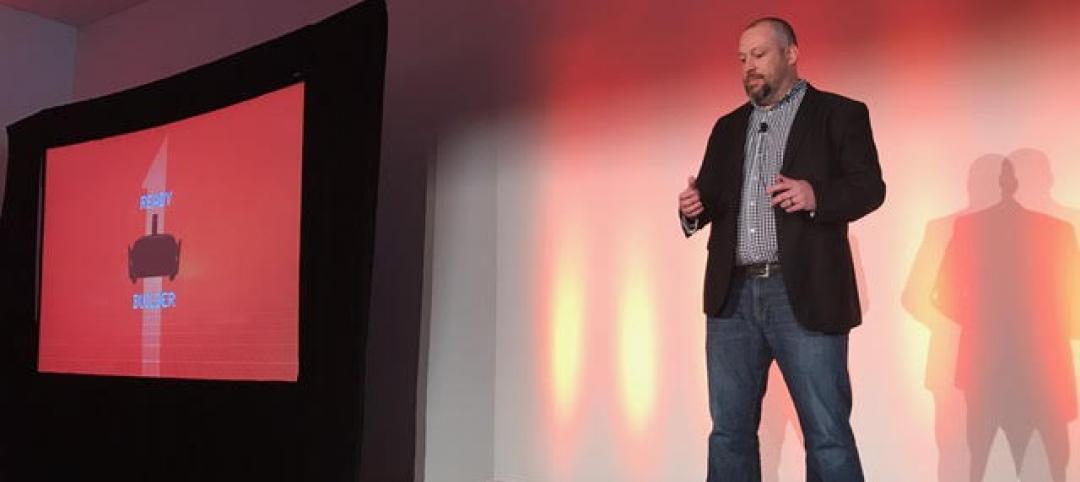
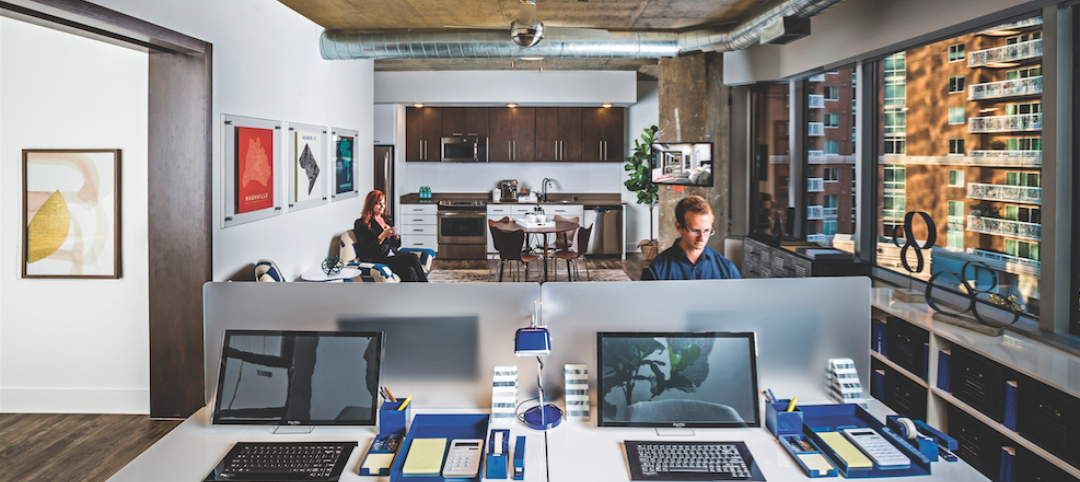

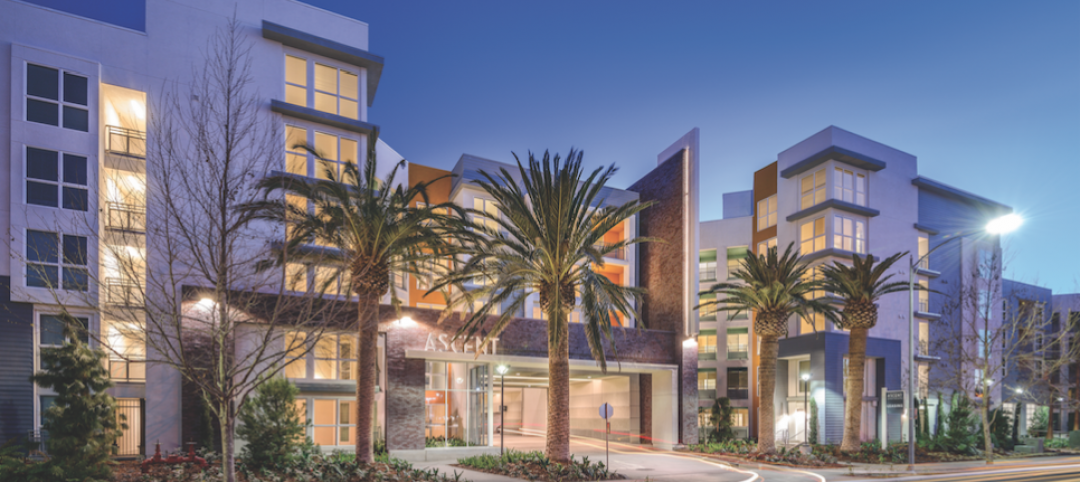
![Multifamily housing today: 7 exciting, inspiring innovations [AIA Course] Multifamily housing today: 7 exciting, inspiring innovations [AIA Course]](/sites/default/files/styles/list_big/public/Screen%20Shot%202017-05-02%20at%2011.55.02%20AM.png?itok=ZS_4opT9)

